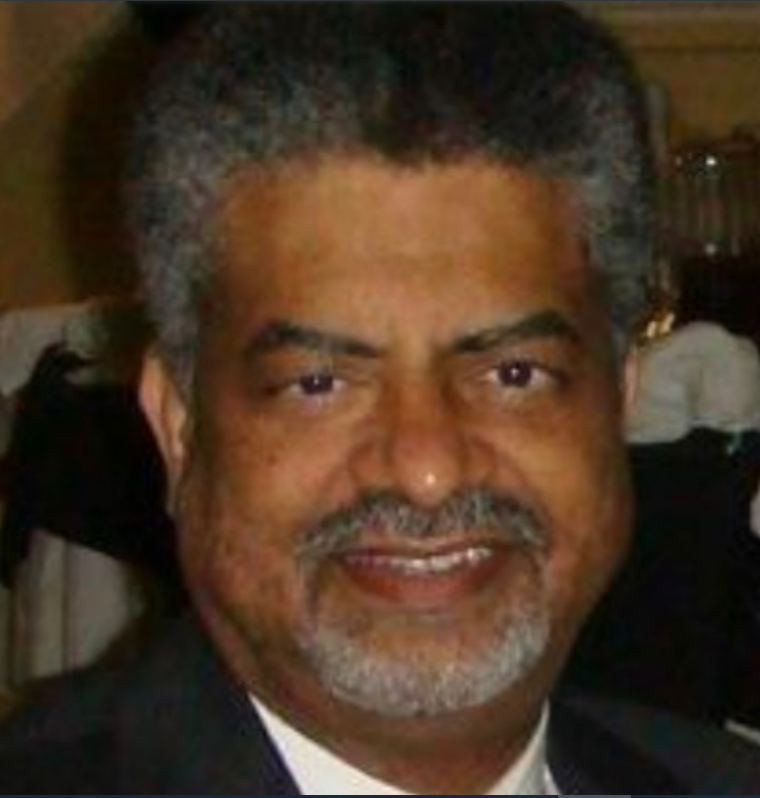There are three competing narratives regarding cannabis. The first is religious, denoted in the Hindu Atharva Veda (2000 BCE), which described cannabis as a sacred plant the gods provided for people’s happiness when eaten or smoked as Ganga, identified today with Jamaican Rastafarians. The second is political; the British demonized it as promoting violence, i.e., resistance to British colonial rule in India. The third was the enthusiasm of French intellectuals engendering the narrative that cannabis opened new dimensions of perception and enlightenment beyond ordinary consciousness. Since the legalization of recreational cannabis in 2012, punitive measures have yielded to commercialization. The consequences are unregulated cross-pollination of various cannabis species with increasing concentrations of Δ-9 tetrahydrocannabinol, responsible for the high, producing greater potency in pursuit of expanding conscious experience. The potential, however, is greater addictive potential and higher risk for disease than the species that formed the foundation for the medical opinion to legalize the drug. This webinar will examine the impact on individual health and the community.
 Benjamin Roy, MD is the immediate past president of the Black Psychiatrists of America. He received his medical degree from Howard University College of Medicine and served his internship in internal medicine at Harlem Hospital and a psychiatry residency at St. Vincent’s Hospital, both in New York, NY. He then completed a clinical fellowship in neuropharmacology at the National Institute of Mental Health and in neuroimmunology at the National Institute of Neurological, Communicative Disorders and Stroke, NIH, both in Bethesda, MD. He is a diplomate of the American Board of Psychiatry and Neurology and Fellow of the American Psychiatric Association. Dr. Roy discovered human antibodies for endorphins and the opiate receptor in patients with psychiatric disorders and holds two US patents on methods of detecting certain antibodies in human body fluids. He has participated in numerous phase 2-4 clinical trials in neuropharmacology and neuroimmunology. He exposed the purpose of the Tuskegee Syphilis Experiment to develop syphilis diagnostic tests that were patented and commercialized.
Benjamin Roy, MD is the immediate past president of the Black Psychiatrists of America. He received his medical degree from Howard University College of Medicine and served his internship in internal medicine at Harlem Hospital and a psychiatry residency at St. Vincent’s Hospital, both in New York, NY. He then completed a clinical fellowship in neuropharmacology at the National Institute of Mental Health and in neuroimmunology at the National Institute of Neurological, Communicative Disorders and Stroke, NIH, both in Bethesda, MD. He is a diplomate of the American Board of Psychiatry and Neurology and Fellow of the American Psychiatric Association. Dr. Roy discovered human antibodies for endorphins and the opiate receptor in patients with psychiatric disorders and holds two US patents on methods of detecting certain antibodies in human body fluids. He has participated in numerous phase 2-4 clinical trials in neuropharmacology and neuroimmunology. He exposed the purpose of the Tuskegee Syphilis Experiment to develop syphilis diagnostic tests that were patented and commercialized.

Annelle Primm MD, MPH is the Senior Medical Director of the Steve Fund, an organization focused on the mental health of young people of color. She is also a member of the Black Psychiatrists of America Council of Elders.
Clinicians, caseworkers, peer recovery support staff, administrators, and others who work on behalf of adults with mental illnesses